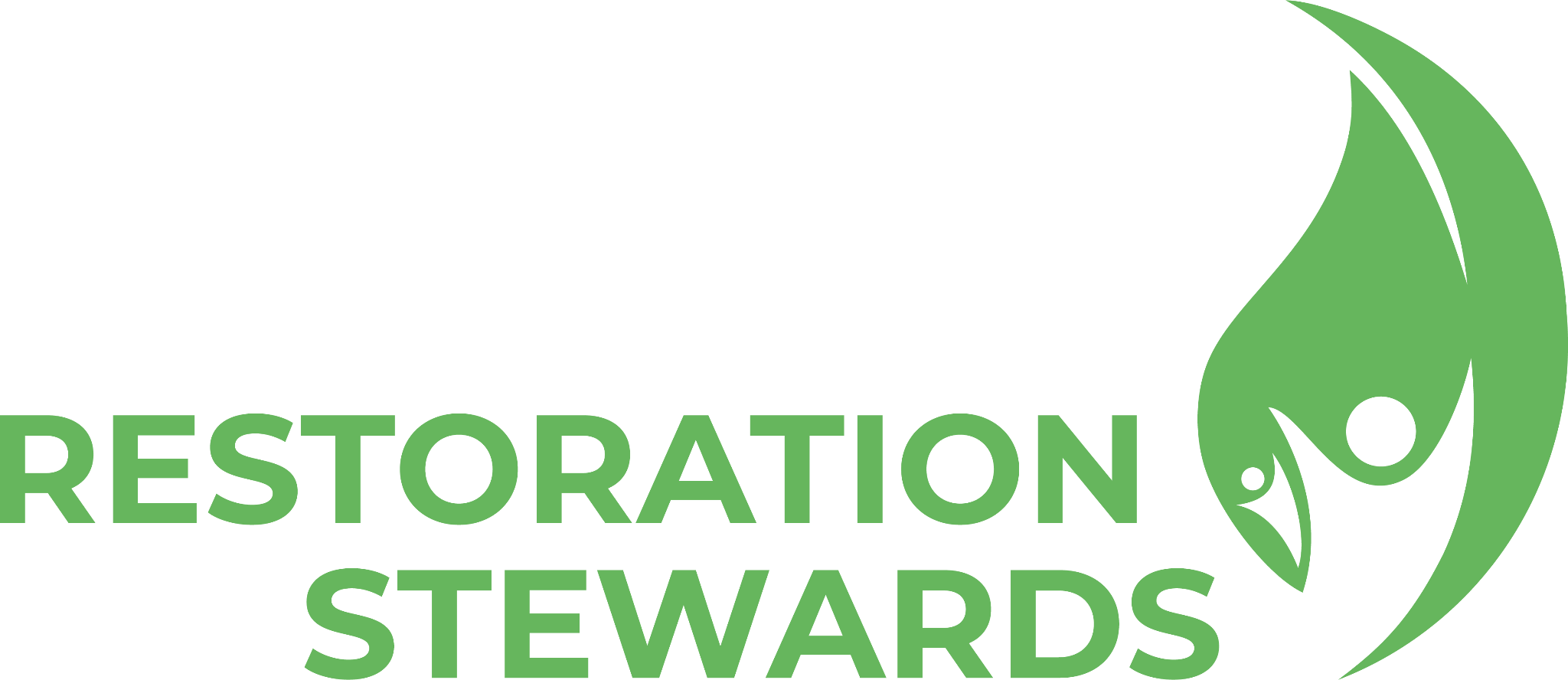A year restoring Bolivia’s wetlands: fighting against the ‘status quo’
As we, the Uru Uru team, close another year of activities, we are excited to share some of our achievements and challenges, particularly about our time with the Restoration Stewards program. Collaborating with the Global Landscapes Forum through this program was a unique journey.
Throughout this year, we felt the GLF’s unconditional support in our struggle and work. In our mission of restoring the polluted waters of the Uru Uru Lake in Bolivia, we successfully constructed and implemented 40 floating rafts carrying roughly 600 totora plants, which drifted across the lake gradually purifying its waters. We organized community dialogues, broadened the size of our community garden and roofed the garden to protect the fruits and vegetables.
When we started our mission, we vowed to restore our once-pristine Uru Uru Lake. We sought to reconstruct the harmony between this microbiome and the communities that depend on it, a relationship that was broken by pollutant industries. Now, as we reflect on our journey, we can proudly say that our vision for a renewed synergy between our landscape and its people has had positive impacts far beyond our community.

Gabriela Tronconi cleans the Uru Uru Lake by implementing the floating rafts. Photo: Odaliz Mamami
I find myself shedding a few tears as I write this blog because being a part of the Restoration Stewards program has been a transformative journey of healing, empowerment and empathy. It has not only strengthened our community’s efforts but also amplified our advocacy in diverse decision-making spaces.

SegundinaSegundina harvesting vegetables and fruits from our community garden. Photo: Odaliz Mamani
With the progress made by the Uru Uru Team, every day we move a bit closer to our goal of completely restoring the Uru Uru Lake. The restoration work we conduct is highly dependent on strengthening our community and ensuring that Indigenous Peoples are not following the ‘status quo’ for environmental action. Rather, we are leading the action and change in our own terms.
As Indigenous Peoples, we are the stewards of change, leading the action against the worst effects of climate change. Even so, we are sidelined in many decision-making processes, even those concerning our ancestral lands. Decision-makers have often overlooked our fundamental rights, such as the right to live in a healthy environment, and the right to free prior and informed consent – a right rarely implemented by authorities.
From my experience as a Restoration Steward, I understand how pivotal it is to be part of global spaces and connect with networks of like-minded future leaders. Being a part of these international communities sparked a beacon of hope within me, and made me remember that it is attainable to create a more sustainable future. Sharing all the incredible experiences I had as a Restoration Steward would not be possible in one blog.
This year, the Global Landscape Forum has plunged us into a new field – the philanthropic world. When we first started, we were acting as a community doing our best with the available resources we had. As time passed by, we learned the importance of being self-sufficient with the income that we get from the sale of vegetables and fruits. Unlocking the philanthropic world as Indigenous Peoples was a new experience and presented new opportunities for our community, and thanks to the training provided by the Restoration Steward program, we feel more confident in navigating this new world.
We know this journey is just beginning, and our struggles to clean the lake and have our Indigenous voices heard continue. However, we are no longer fighting our battles alone; we now have the support of our greatest allies, the Global Landscape Forum and the Iris Prize, who have never hesitated to support and uplift us in our fight.
We, as Indigenous Peoples, are not isolated in our efforts and are open to collaborating with others beyond our community. After a year in the Restoration Stewards program, we recognize that having such like-minded allies can strengthen our ability to restore the planet and be a part of a global movement seeking to prevent future catastrophes caused by polluting industries.
I consider my fellow Restoration Stewards as my second family. Indigenous women like myself acting in the field of restoration constantly give ourselves to our work, surrendering all of our energy to our mission, which sometimes makes us forget to take care of ourselves. In the program, I was reminded about the importance of taking care of nature and ourselves and understanding that everything in the universe is interconnected.
Sometimes, when Indigenous Peoples hear from big organizations such as the GLF we think that we will work entirely by ourselves, but I can affirm that I had the pleasure of working with human beings who positively fed our dream to restore the Uru Uru Lake.
I and my community can’t wait to see all the things to come as we leave the Restoration Steward program filled with new learnings.

